
Sweet but Risky: 7 Types of People Who Should Avoid Ripe Mangoes
Sweet but Risky: 7 Types of People Who Should Avoid Ripe Mangoes
Mangoes are often called the "king of fruits" — juicy, fragrant, and packed with vitamins. A ripe mango is not only delicious but also a rich source of nutrients such as vitamin C, vitamin A, potassium, and dietary fiber. However, despite their many benefits, ripe mangoes may not be suitable for everyone.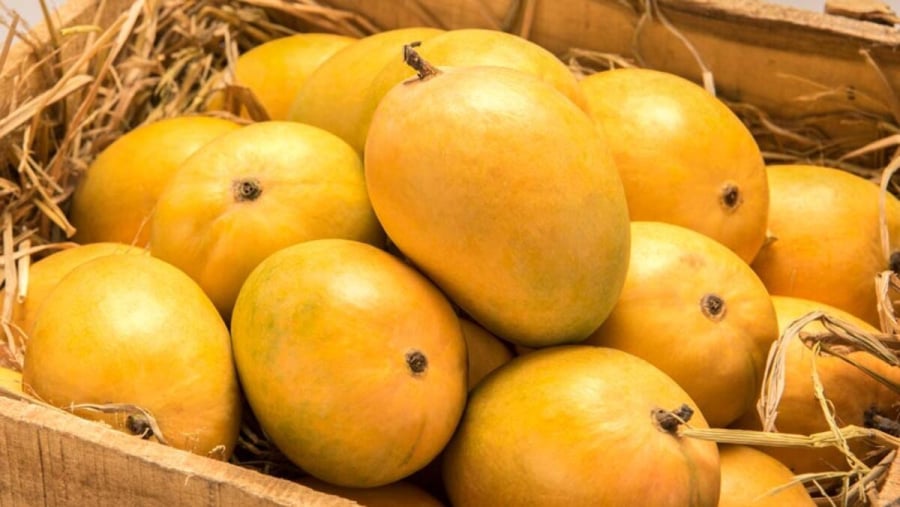
Consuming ripe mangoes in excess or under certain health conditions can lead to negative effects, ranging from blood sugar spikes to allergic reactions. In this article, we will explore the groups of people who should limit or avoid eating ripe mangoes, and explain why moderation is key even when it comes to healthy fruits.
Nutritional Value of Ripe Mangoes
Before diving into the risks, it’s important to understand what ripe mangoes offer:
-
Calories: One medium mango contains about 150 calories.
-
Natural sugars: Roughly 45 grams per fruit.
-
Vitamins: High in vitamin C (boosts immunity) and vitamin A (supports eye health).
-
Antioxidants: Such as mangiferin, which may help reduce inflammation.
-
Fiber: Aids digestion and gut health.
While mangoes are a healthy addition to most diets, the high sugar content and certain compounds may cause adverse effects in sensitive individuals.
1. People with Diabetes
Ripe mangoes are naturally high in sugar. One medium-sized fruit contains as much sugar as a can of soda. For people with type 2 diabetes or prediabetes, eating ripe mangoes can lead to blood sugar spikes.
Why it’s risky:
-
Mangoes have a moderate-to-high glycemic index.
-
They can raise post-meal blood glucose levels rapidly.
-
Repeated spikes may worsen insulin resistance over time.
Recommendation:
People with diabetes should either avoid ripe mangoes or consume them in small amounts, paired with foods high in fiber or protein to reduce sugar absorption.
2. People with Allergies or Sensitivities
Mangoes belong to the Anacardiaceae family, which also includes poison ivy. The skin, sap, and even the pulp of mangoes can contain urushiol, a compound that may trigger allergic reactions in some people.
Symptoms of mango allergy:
-
Itchy skin or rashes, especially around the mouth.
-
Swelling of lips or face.
-
Gastrointestinal discomfort.
-
In rare cases, anaphylaxis.
Recommendation:
People who are sensitive to poison ivy, poison oak, or cashews should approach mangoes with caution and avoid direct contact with the skin and sap. If any symptoms appear, avoid consumption entirely and consult a doctor.
3. People with Obesity or Trying to Lose Weight
Although mangoes are nutritious, they are also calorie-dense due to their high sugar content. Eating ripe mangoes in large amounts can contribute to excess calorie intake, making weight management more difficult.
Why it’s risky:
-
One mango can contain up to 45 grams of sugar.
-
Overconsumption may promote fat storage.
-
May trigger sweet cravings, leading to overeating.
Recommendation:
Limit mango intake to small portions (half a fruit or less) and avoid eating them late at night or with other sugary foods.
4. People with Gastrointestinal Disorders
People with acid reflux, IBS (irritable bowel syndrome), or other digestive conditions should be cautious with mangoes. Ripe mangoes are high in fermentable carbohydrates (FODMAPs), which may cause bloating or worsen symptoms in some individuals.
Potential side effects:
-
Acid reflux due to natural fruit acids.
-
Diarrhea or stomach cramps.
-
Gas or bloating.
Recommendation:
Monitor individual tolerance. If symptoms worsen after eating mangoes, it’s best to avoid them or eat only a small amount with meals.
5. People with Liver Disease
While mangoes can be part of a balanced diet, those with liver conditions such as fatty liver disease or cirrhosis should be mindful of fruit sugar intake. Ripe mangoes contain fructose, which in excess can worsen liver fat accumulation.
Why it’s risky:
-
High fructose intake is linked to non-alcoholic fatty liver disease (NAFLD).
-
May increase triglyceride levels.
Recommendation:
People with liver problems should limit mango consumption and consult a healthcare professional regarding safe portions.
6. People Prone to Heat-related Conditions
In traditional Eastern medicine, ripe mangoes are considered a "heaty" food. Excessive consumption may lead to internal heat, particularly in hot climates or summer seasons.
Possible symptoms:
-
Mouth ulcers.
-
Skin breakouts.
-
Nosebleeds or sore throat.
Recommendation:
Limit intake during hot weather and balance with cooling foods such as cucumber or green tea.
7. Children and the Elderly (in Excess)
While mangoes are safe for children and seniors, overconsumption may cause digestive discomfort or sugar overload, especially in individuals with weaker metabolism or reduced digestive function.
Risks include:
-
Diarrhea or constipation.
-
Sugar spikes in children with poor dietary control.
-
Increased risk of falls or complications in seniors with unstable blood sugar.
Recommendation:
Serve mango in small amounts, avoid combining with other sweet treats, and ensure it is part of a balanced meal.
How to Eat Mangoes Safely
For healthy individuals, mangoes can be enjoyed in moderation. Here are some tips for safer consumption:
-
Choose ripe, naturally ripened fruit (avoid chemically ripened ones).
-
Eat mango as a standalone snack, not after heavy meals.
-
Balance with fiber or protein to reduce sugar absorption.
-
Wash and peel carefully to avoid skin irritation.
-
Avoid processed mango products like sweetened dried mango or mango juice, which often contain added sugars.
Conclusion
Ripe mangoes are undeniably tasty and nutritious, but they’re not suitable for everyone. People with certain health conditions should exercise caution, monitor their body's response, and consult healthcare professionals when necessary. As with all fruits, moderation and awareness are key to enjoying the benefits without risking your health.
Choosing the right foods for your individual condition is one of the simplest and most powerful ways to support long-term wellness — and sometimes, that means knowing when to say no, even to your favorite fruits.
News in the same category


Want the Health Perks of Coffee? Here’s the Best Time to Drink It

6 things you should absolutely not do when you have neck and shoulder pain because they destroy bones and joints and are terrible for your stomach

Headache for 5 days, woman suddenly fell to the ground, co.nvulsed, had difficulty speaking

Summer or winter, Japanese people wear socks to sleep — here’s why!

Spot these 10 symptoms? It’s time to see a doctor without delay!

4 Types of Pimples That Could Be a “Disguise” for Can.cer
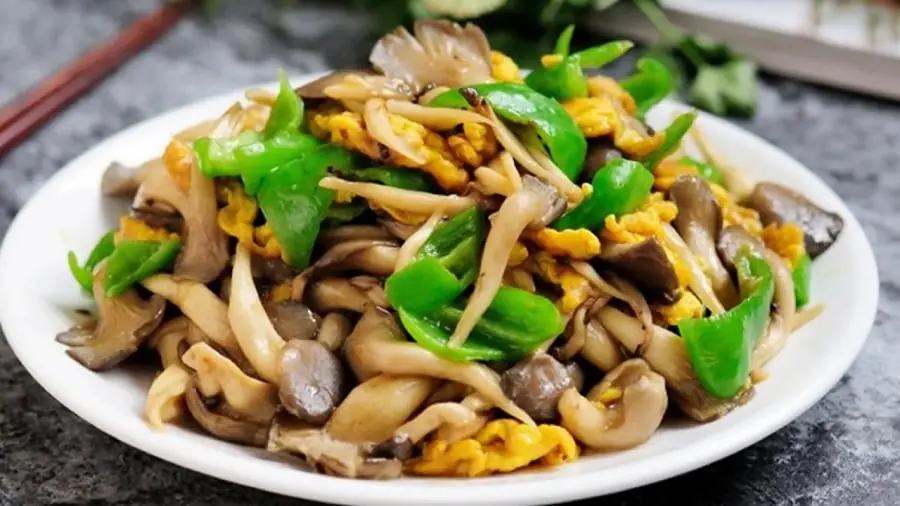
5 Foods That Become Harmful When Reheated

Women Who Regularly Eat These 4 Dishes Won’t Have to Worry About a Cold Uterus

7 Types of Fish High in Mercury: Limit Them No Matter How Much You Like Them

15 Foods That Are Good for People with Hemorrhoids
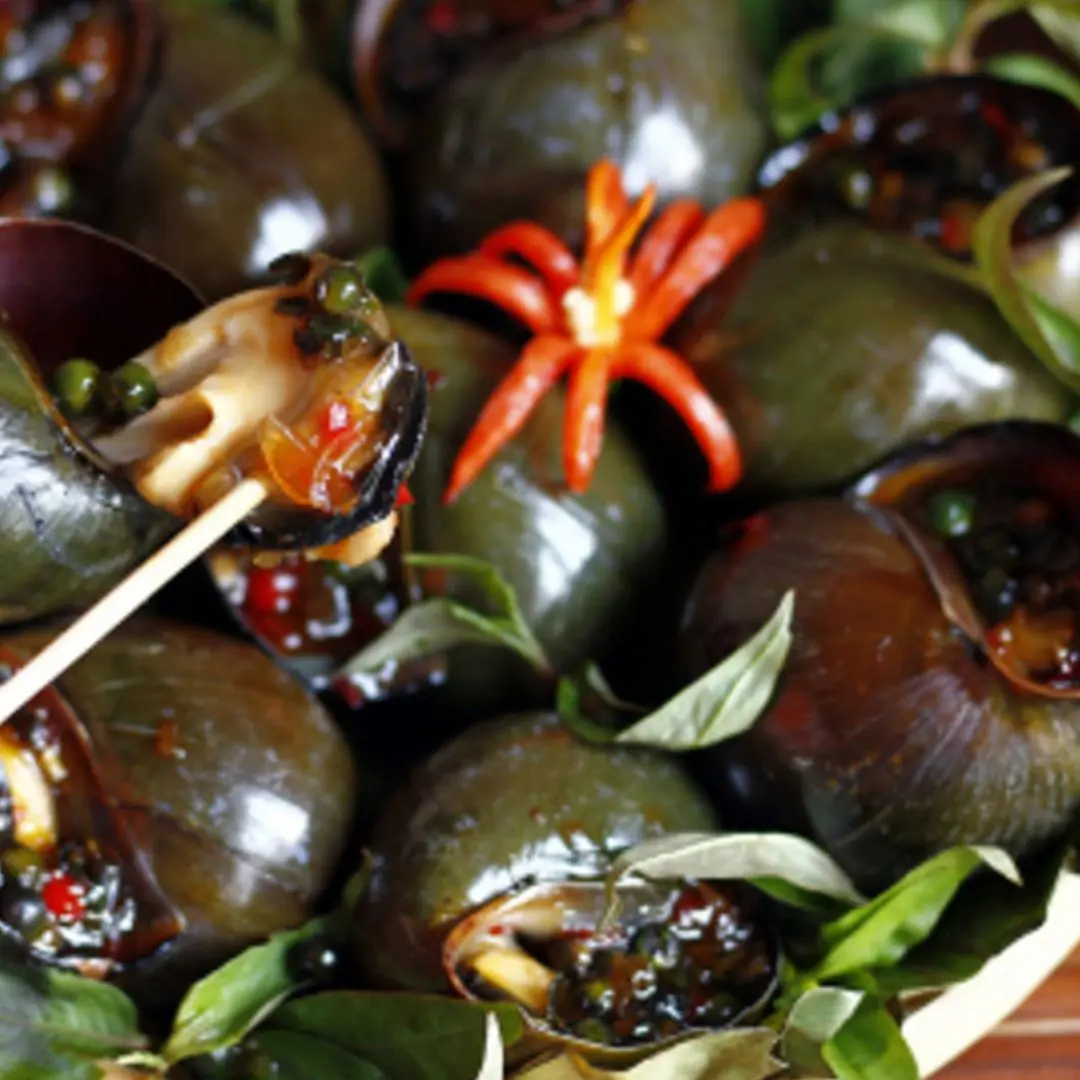
The Worst Foods for Worm Contamination You Should Know About

Leg Veins Turning Purple? Here’s What You Need to Know

Revealing 6 Obvious Can.cer Warning Signs You Can Spot Just by Looking in the Mirror!

Women on the Verge of “Estrogen Depletion” Often Show 5 Alarming Signs

4 Foods Once Branded as “Health Enemies” That Turn Out to Be Superfoods

Waking up with bruises on your legs, a dangerous sign that you should not ignore
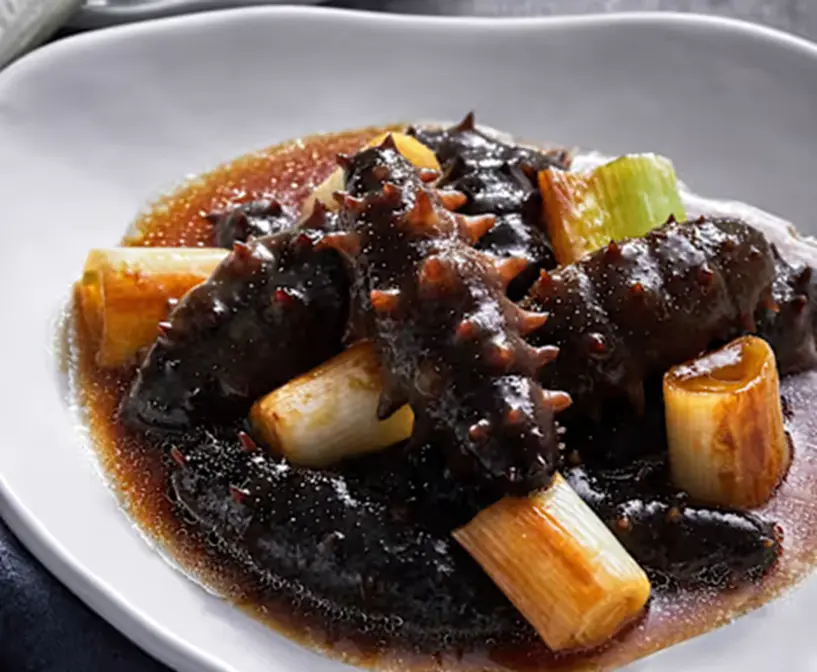
6 Types of Summer Seafood as Nutritious as Ginseng
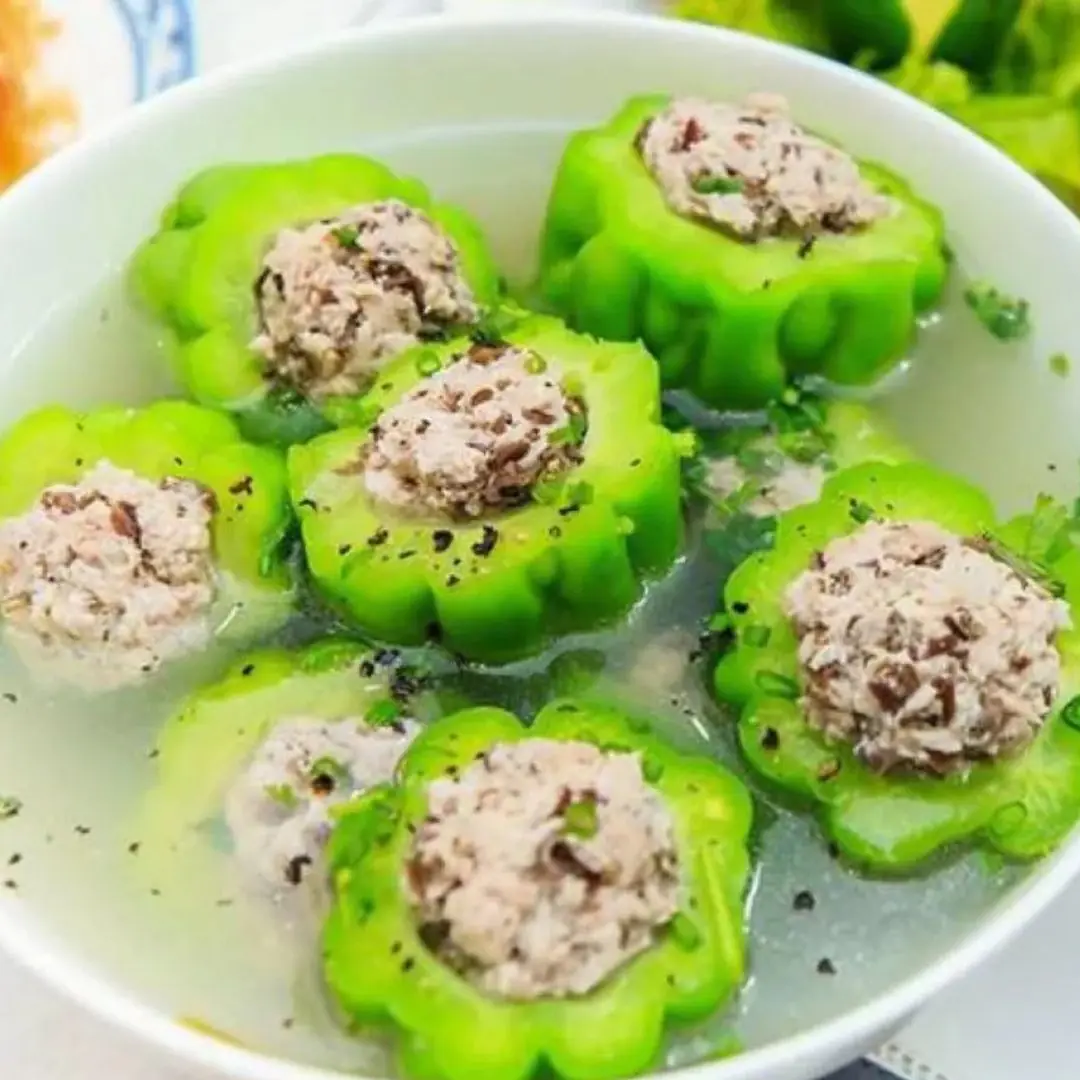
Not for everyone: 5 groups who should be wary of bitter melon

Who needs to cut back — or stay away — from pickled vegetables?
News Post

6 Golden Habits to Help Seniors Reduce the Risk of Cerebral Infarction
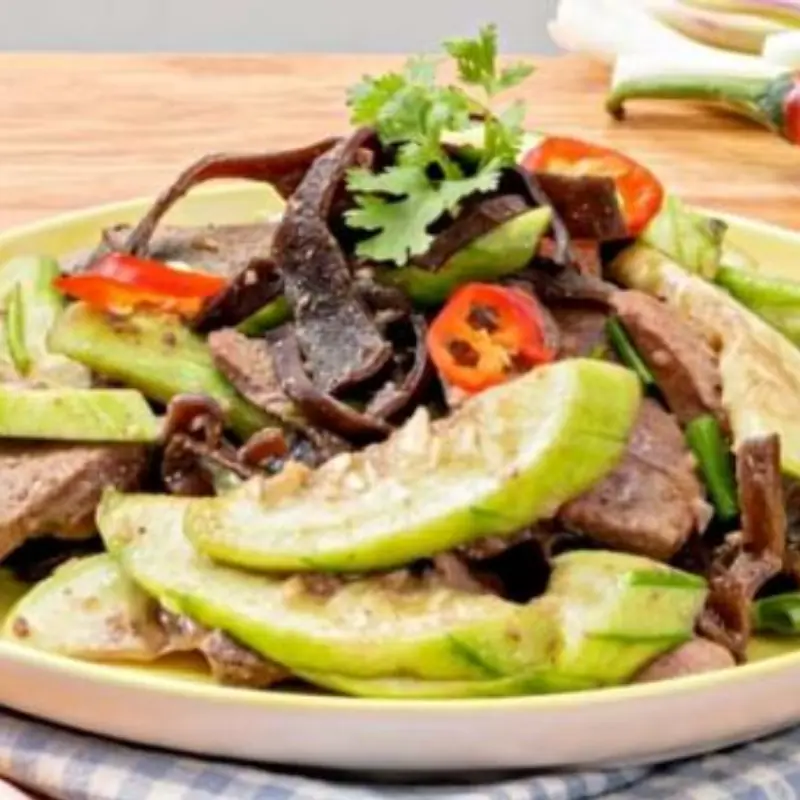
One Part of Chicken Contains Four Times More Cholesterol Than Pork Fat

Sweet Potatoes Are Not Good for These 3 Groups of People

Just hang a handful of these leaves in front of your door - flies and mosquitoes will disappear

Want the Health Perks of Coffee? Here’s the Best Time to Drink It

Taylor Swift and Travis Kelce announce engagemen

Washing Machines Have a Special Mode That Dries Clothes Faster

Flight attendant explains why cabin crew members always sit on their hands during takeoff

6 things you should absolutely not do when you have neck and shoulder pain because they destroy bones and joints and are terrible for your stomach

8 types of plants that attract snakes into the house

Mixing fabric softener with salt: Great use to solve household problems

Headache for 5 days, woman suddenly fell to the ground, co.nvulsed, had difficulty speaking

Summer or winter, Japanese people wear socks to sleep — here’s why!

Spot these 10 symptoms? It’s time to see a doctor without delay!

4 Types of Pimples That Could Be a “Disguise” for Can.cer

5 Foods That Become Harmful When Reheated

Pour Salt into the Toilet: The Surprising Benefits Every Home Needs

Women Who Regularly Eat These 4 Dishes Won’t Have to Worry About a Cold Uterus

After grandma pas.sed, grandpa found peace in his old cabin - far from home
